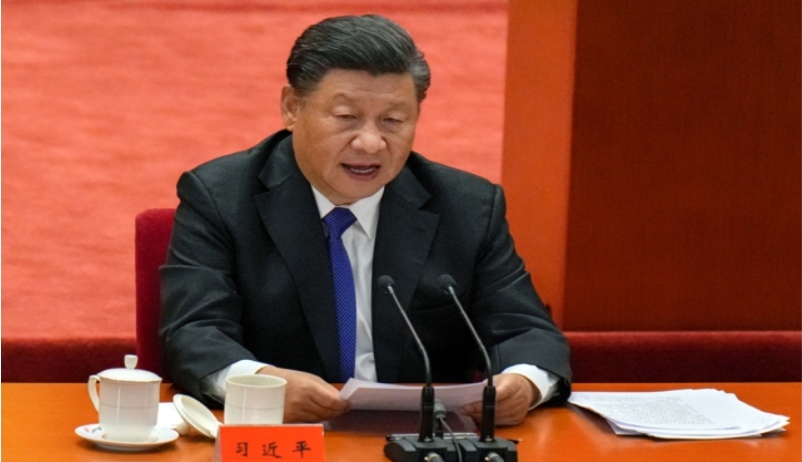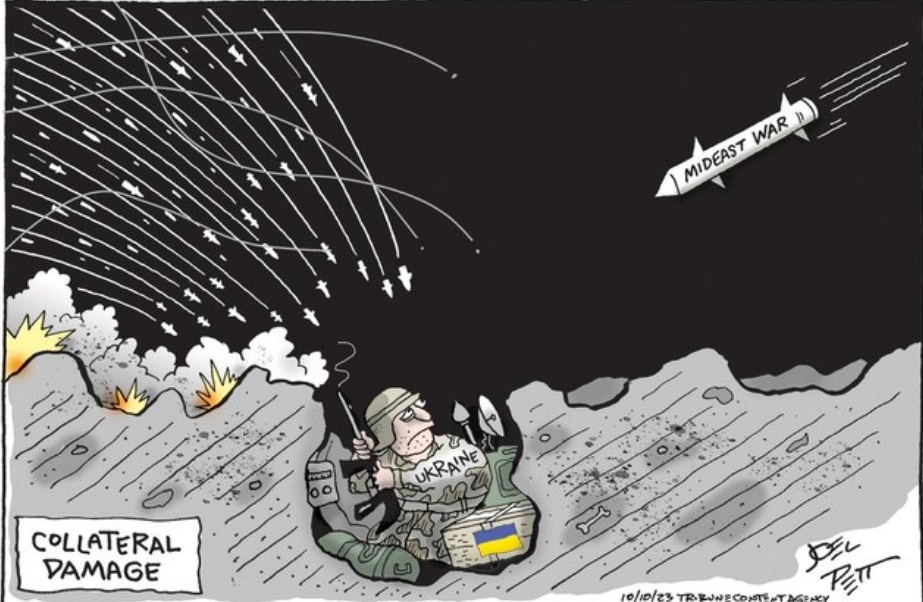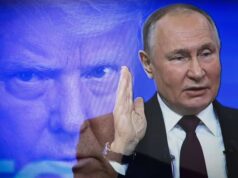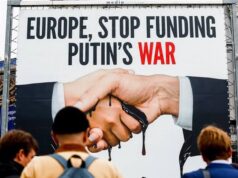China Ramps Up Diplomatic Efforts in Israel-Hamas War
President Xi Jinping issued his first public comments on the war as China pushes for a cease-fire – advancing its own interests in the region at the same time.
By Cecelia Smith-Schoenwalder

Chinese President Xi Jinping delivers a speech at an event commemorating the 110th anniversary of Xinhai Revolution at the Great Hall of the People in Beijing on Oct. 9, 2021.(ANDY WONG/AP)
China is ramping up its diplomatic efforts in the Israel-Hamas conflict, with President Xi Jinping issuing his first public comments on the war and calling for a cease-fire.
During a meeting with Egyptian Prime Minister Mostafa Madbouly in Beijing on Thursday, Xi “stressed that the top priority is to stop the fighting as soon as possible, prevent the conflict from spreading or even getting out of control and causing a severe humanitarian crisis,” according to the Chinese Foreign Ministry.
“The fundamental way out of the recurring Palestinian-Israeli conflicts is to implement the two-state solution, establish an independent State of Palestine and achieve peaceful coexistence between Palestine and Israel,” the readout stated.
Xi praised Egypt for “helping cool down the situation” after it agreed to allow some humanitarian aid into Gaza, though it’s unclear when that aid will be delivered.
Additionally, the Chinese Foreign Ministry said that Middle East envoy Zhai Jun will travel to the region this week to push for peace talks and a cease-fire.
These increased diplomatic efforts show that China is seeking a quick end to the conflict, which started Oct. 7 after Hamas launched a brutal surprise attack on Israel, killing more than 1,400 people. But it’s not entirely without self-interest.
China has not condemned Hamas by name for the attack. By not doing so, “China is looking to score points with the Arab countries,” Mor Sobol, an assistant professor at Tamkang University in Taiwan, told Axios.
Chinese state media have been hard on Israel since the war began. They have also accused the U.S. of increasing tensions in the region.
Cartoons on Ukraine and Russia

“It’s a very cost-effective strategy in the Middle East. They are calling the U.S. a biased actor, they are trying to decrease American influence in the region. They are playing the long game,” Sobol said.
With signs mounting that Israel will soon launch a ground invasion of Gaza, Chinese officials are perhaps growing more concerned about how long the conflict will last. China has vested economic interests in the Middle East given its oil imports from the region.
The efforts also highlights ongoing attempts from China to be seen more broadly as a peacemaker and a prominent influence among international groups and developing countries.y
Xi met with United Nations Secretary-General Antonio Guterres this week and emphasized that “at a time when the world is faced with many global threats and challenges, the international community must unite and cooperate and pay more attention to development issues.”
“China is ready to enhance cooperation with U.N. agencies to promote multilateralism and the multipolarisation of the world, and work to make global governance more just and equitable,” Xi was quoted as saying in the Chinese Foreign Ministry readout, which did not mention the Israel-Hamas conflict.




